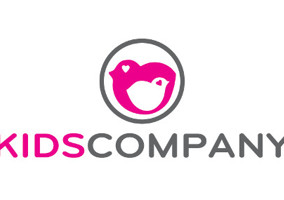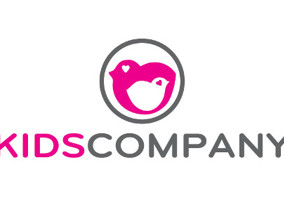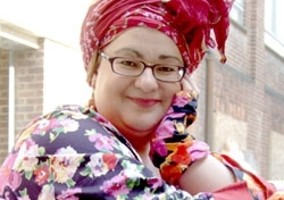After an intense 10-week trial, Camila Batmanghelidjh and the director trustees of Kids Company won their case in court. But despite this unexpected victory, people in controlling positions in charities remain subject to tough legal rules.
The case was brought by the Insolvency Service, also known as the Official Receiver. The main claim was that the directors had run "an unsustainable business model". It wanted to bar Batmanghelidjh and the director trustees from serving for a period of time in the future.
There was evidence that the charity faced cash-flow difficulties and that managers were too optimistic about future income. But the Insolvency Service failed to convince the judge, Mrs Justice Falk, that the directors should be disqualified or had done anything wrong.
Not all the directors chose to fight. Sunetra Sastry, voluntarily agreed to a director’s disqualification undertaking for a period of two and a half years. She must now be regretting her decision.
Mrs Justice Falk took pains to say that charitable volunteers – like the directors at Kids Company – should not be discouraged from volunteering in fear of litigation. This judicial policy runs right through the case and it undoubtedly influenced the outcome.
Batmanghelidjh was the chief executive officer. She was not formally a director trustee. The Insolvency Service sought to prove that she was so powerful at Kids Company that she was in fact a de facto director. This would mean that she could still be disqualified.
The Insolvency Service lost on this point as well. Batmanghelidjh was not held to be a de facto director. Mrs Justice Falk said that she only carried out the lesser functions of a charity chief executive officer. The judge even went so far as to say that if Batmanghelidjh had been de facto director, she would still have been fit for the role.
This is a major win for Batmanghelidjh and the director trustees. Mrs Justice Falk stressed that voluntary boards should be treated more leniently by the courts than those in for-profit organisations. They are also allowed to delegate responsibility.
Charities shouldn't relax too much
The Kids Company saga has shaken the charity sector. It raised the prospect that boards might be the subject of litigation when things go wrong. But even as the sector lets out a collective sigh of relief, it should not relax too deeply. Tough rules still apply to decision-makers at charities.
Despite this high-profile loss, the Insolvency Service still has the power to launch other actions. It might attempt to bring a disqualification case against the director trustees of a different charity in future. But this is only possible where – as in the case of Kids Company – the charity is a charitable company. It also seems likely that the Insolvency Service has had its fingers burnt.
Future regulatory action is much more likely to come from a more familiar source – the Charity Commission. Once styled as a "friend" and "champion" of the sector, it has been sharpening its regulatory knives in recent years.
At the soft end of its powers, it can issue official warnings to charities, or individual trustees. The relevant misdemeanour might be relatively minor. There was a warning recently issued to Helping our Future, for removing the recycling banks of other charities. Even so, the negative publicity can be enormously damaging.
At the harder end of its powers, the Charity Commission can launch inquiries and remove trustees. This will happen in more serious circumstances, such as the case of the three trustees removed in relation to a money laundering scam involving fake erectile dysfunction and slimming pills, or the trustee removed for calling for the death of senior judges in Pakistan.
In the Kids Company case, Mrs Justice Falk said that the Charity Commission was the best body to pursue regulatory action. She criticised the Insolvency Service for having so little experience in dealing with charities.
The Insolvency Service is more at home bringing cases against the directors of large commercial companies like Carillion. Mrs Justice Falk also implied that the directors of Kids Company had been put under too much pressure in the case.
It is true that voluntary boards should be treated differently. The people serving on charity boards are giving up their time for free. But it would be wrong to think that their decisions and actions go without regulatory scrutiny. The Charity Commission has sharp regulatory teeth.
John Tribe, senior lecturer in law, and John Picton, lecturer in law, at the University of Liverpool
Related articles












